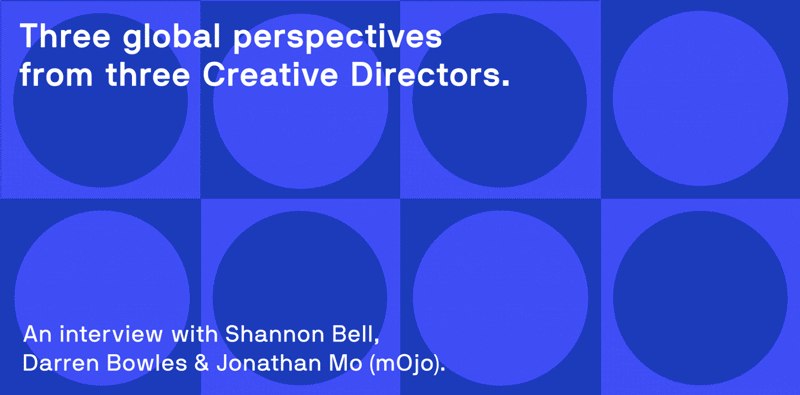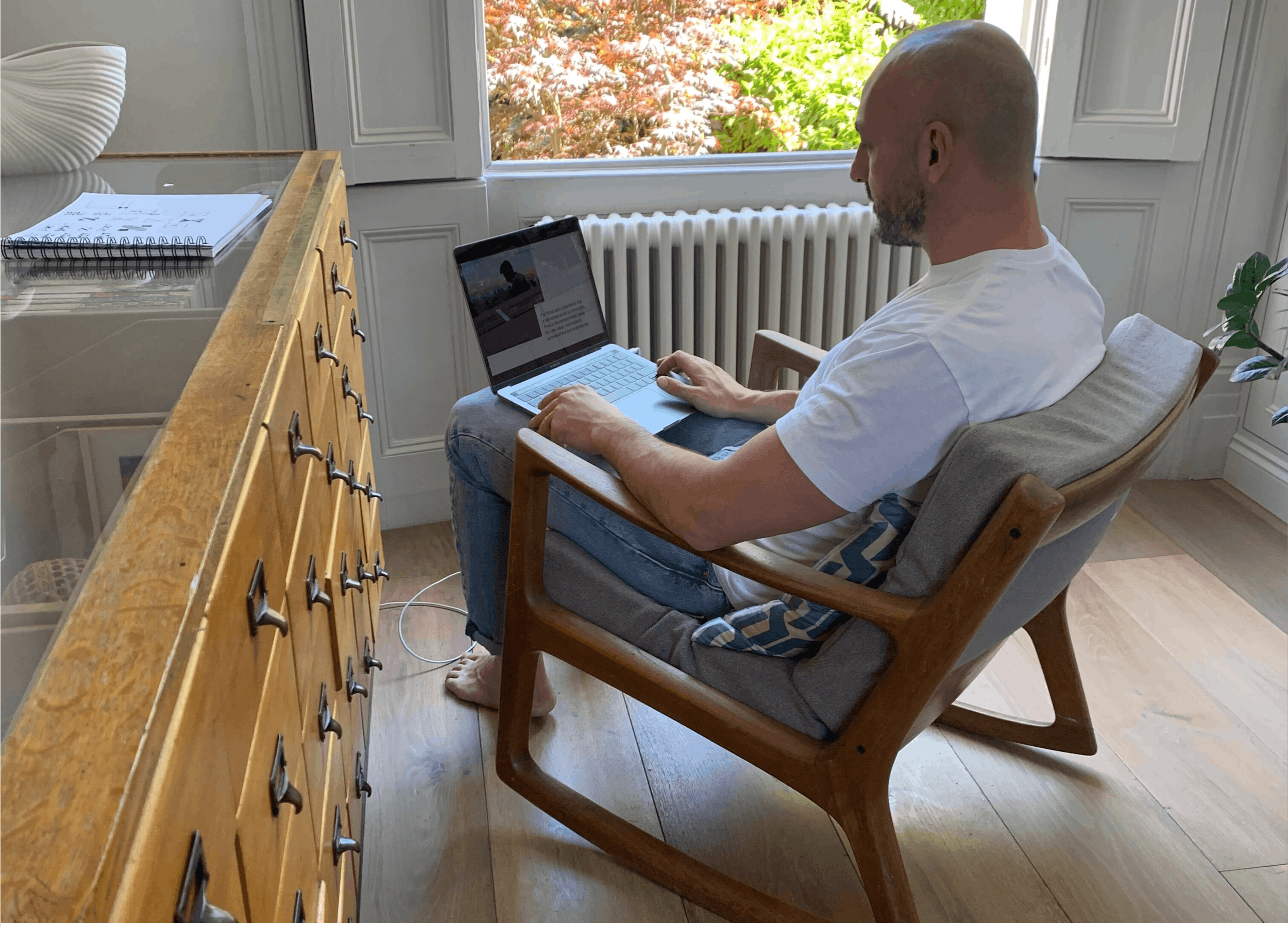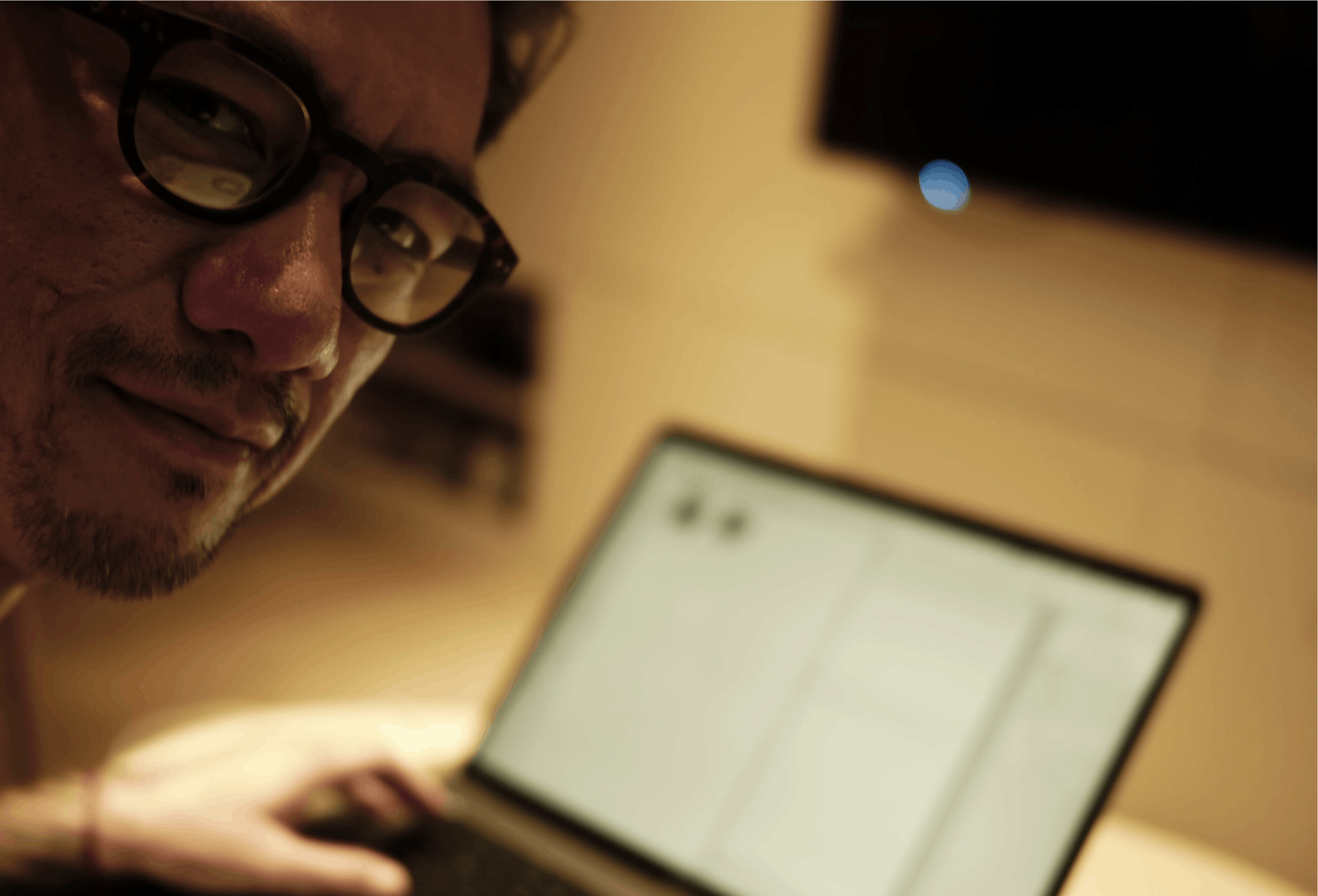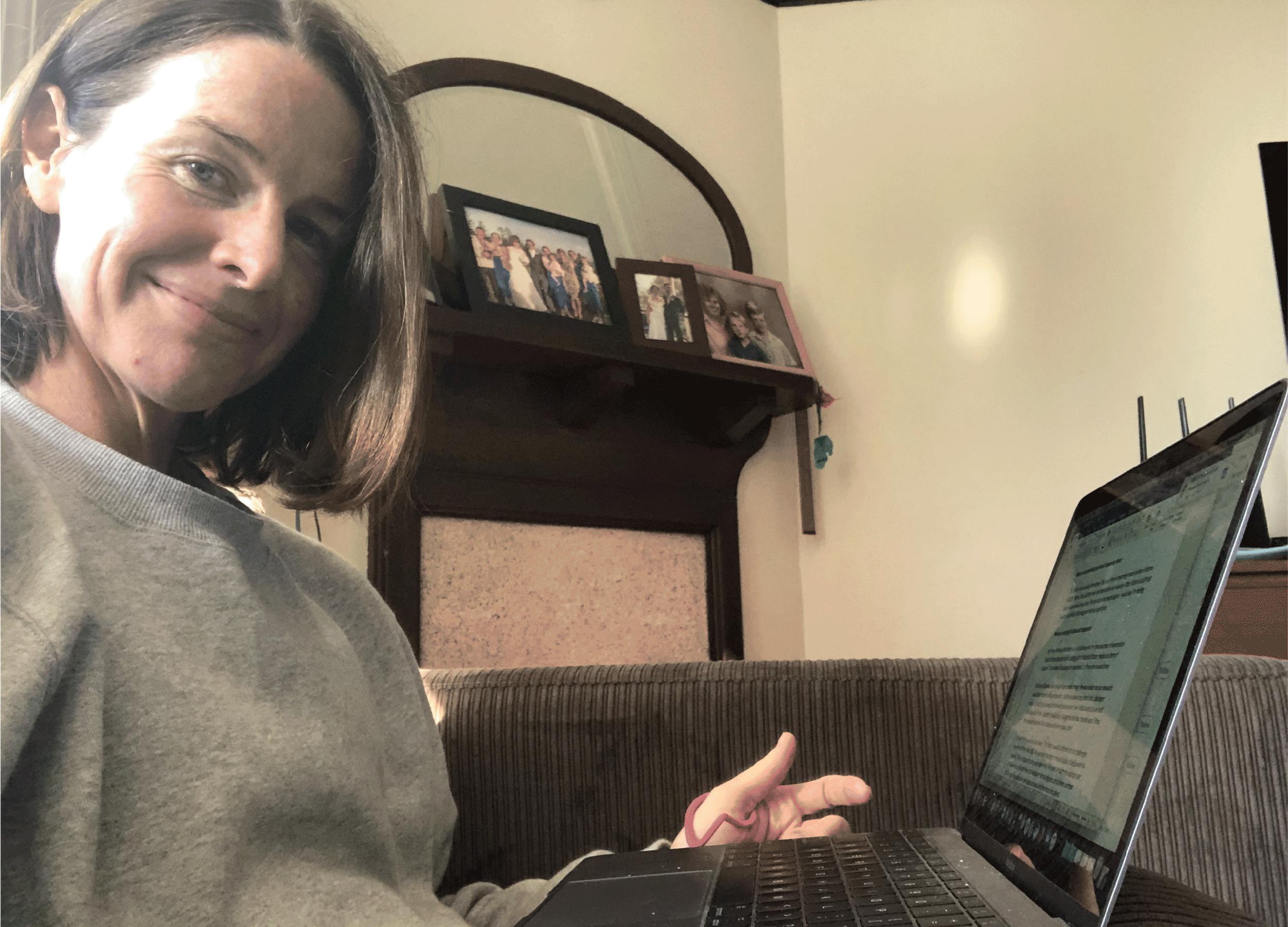Darren: Hard to say. If time has taught me anything, it’s that it’s wrong to assume that monumental global events will change everything. This is rarely the case. “We’ll never work from studios and offices again” is a big statement. I think it’s affirmed the value of being around people for inspiration, productivity, fun, empathy and support.
But we have found close adaptions that can mimic proximity which will be useful in future commissions, collaborations and remote client workshops. Will corporate travel demand ever the same? It’s proven that “can’t” is never true. Applying enough creative thinking and permission to try different things can prove fruitful and possibly long-lasting.
mOjo: The creative business has been changing for the past decade. As technology can now support us from any corner of the world, we’re moving away from a centralised approach to a more collaborative model. The pandemic merely helped accelerate this change.
What's the biggest thing you've learned?
Shannon: Technology is the best and worst thing in the world.
Darren: People have become adept to virtual technology dependant lives. But, by our very nature, people need to be with people. Take that away and we’re not the same. I wonder what we would have learned if we had to “technology distance”.
mOjo: That we as a society need to redefine what ‘normal’ is. I really hope that we don’t just go back to the way things were before the pandemic, but that we change our habits and behaviours for the better. Pollution, waste and excessive consumerism should never have been normal in the first place. I feel like this is the time to wake up and truly start taking responsibility for our planet, building on the progress that has been made over these past few months.



